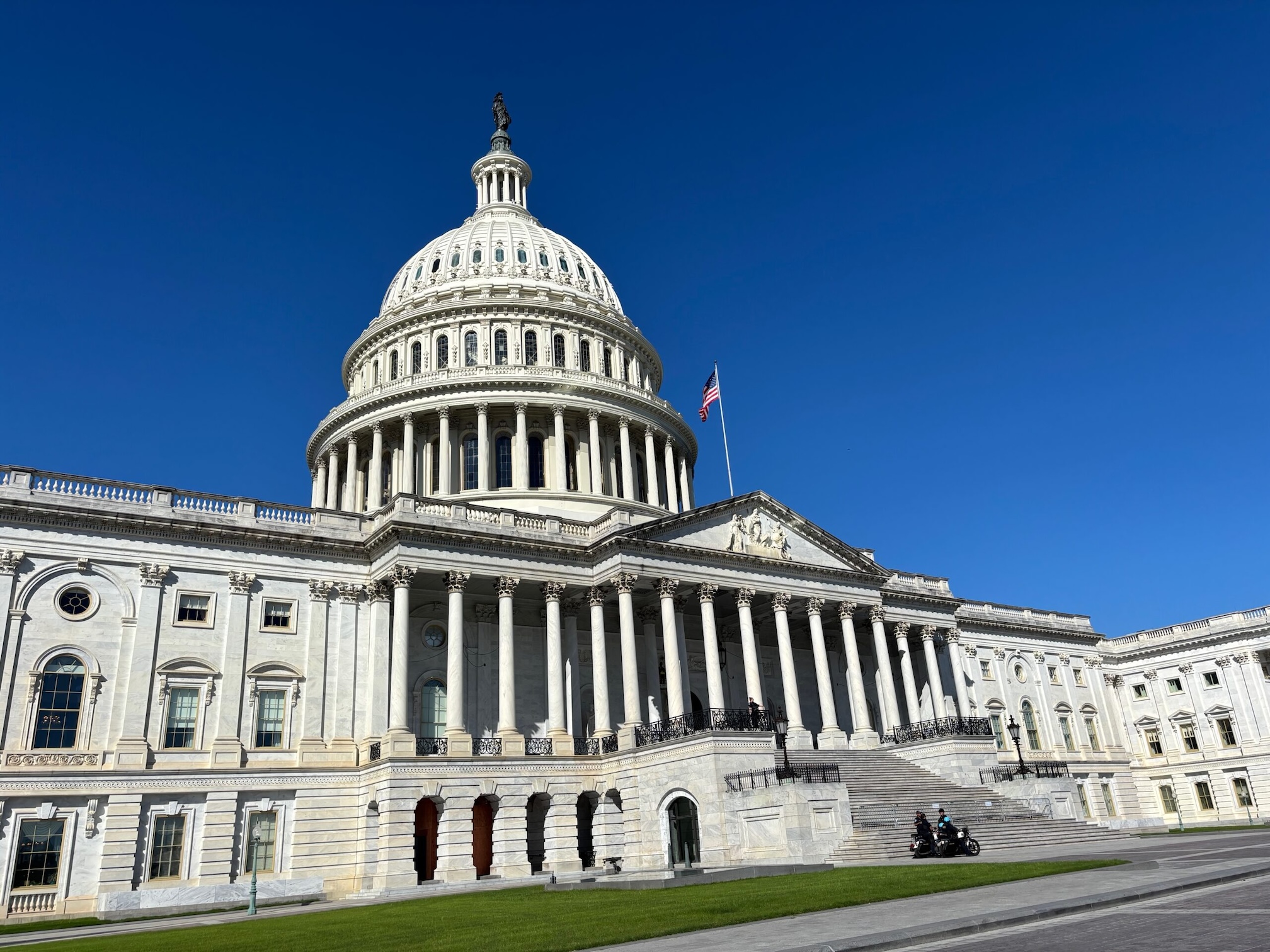By Emily Brooks
It could be days — or even weeks — before Americans know who will control the House of Representatives in the next Congress, setting up what could be a long and anxious window of uncertainty surrounding the balance of power on Capitol Hill next year.
There are dozens of closely contested seats up for grabs, setting the stage for a potential scenario where many of those contests are too close to call on election night and the race to 218 remains unresolved.
Determining the ultimate winner in that situation will almost certainly take days — or longer — as late ballots filter in, slow-counting states tally their results and likely legal challenges work their way through the courts.
Such an ambiguous outcome would complicate not only the legislative work Congress has on deck to tackle in the postelection lame duck session, but also the leadership landscape in the next Congress. That’s particularly true on the Republican side, where Speaker Mike Johnson (R-La.) faces an uncertain future, particularly in a GOP minority, due to opposition from conservatives in his conference.
Democrats need to pick up four seats to win control of the House, and election analysts and operatives in both parties expect that, regardless of who prevails, the final breakdown will be close.
“The days of a 230, 240 majority are gone,” a GOP strategist familiar with House races said, noting that redistricting has cut down on the number of truly competitive seats. “So, it’s going to be a small majority for whoever wins.”
“Days or weeks is entirely possible,” another GOP strategist said of how long it will take to know control of the House.
Republicans are not the only party bracing for long days of uncertainty. Democrats are quick to point out that the GOP’s current House majority hinged on 2022 victories in the five closest races where the combined Republican victory added up to fewer than 7,000 votes.
“There is every reason to believe that, at least in general terms across the country, it will probably be that close again,” said a Democratic strategist familiar with House races. “There are only so many purple districts left, and in those purple districts — boy, are they really purple. The margins are very, very narrow.”
It would not be the first time the House was left in postelection limbo because of tight races. In 2022, the Associated Press did not officially determine that Republicans won the House majority until more than a week after Election Day.
That year, results from California proved both crucial and late-arriving, and election watchers are expecting a similar dynamic.

